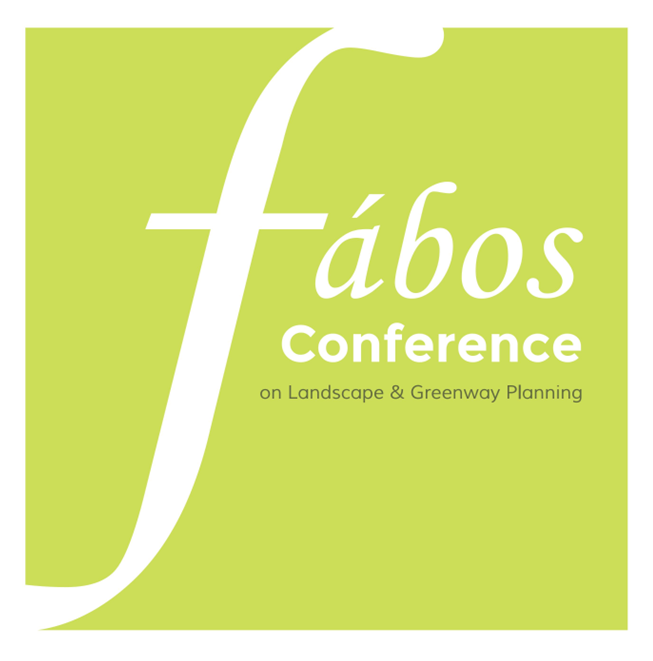RI Sea Grant, RI Coastal Resources Center and URI Landscape Architecture Department Collaborate on Resilient Coastal Greenways
- Richard Sheridan (University of Rhode Island, Department of Landscape Architecture)
Abstract
The State of Rhode Island, the smallest of the fifty states in the United States, is 37 miles wide and 47 miles long, yet has 400 miles of coastline (CRMC, 2012). Twenty-one of its thirty-nine communities have coastal property. Like many coastal communities, this ocean state faces significant ecological, financial and safety issues due to climate change and sea level rise (CRMC, 2015a; Rodin, 2014). Various partnerships between local and federal government agencies and the private sector have arisen to help avert a disaster (Sasaki Associates, 2014).
This paper will speak to a unique newly created relationship and how that partnership has facilitated positive outcomes in greenways and coastal development. This partnership is between RI Sea Grant (RISG), the University of Rhode Island Graduate School of Oceanography’s Coastal Resources Center (CRC) and the University of Rhode Island’s undergraduate Landscape Architecture program. RISG is one of 33 programs under the National Sea Grant Program of the National Oceanic and Atmospheric Administration (NOAA). RISG’s mission is to “support research, outreach and educational programs to foster vibrant and coastal communities and marine environments.” Housed in the University of Rhode Island Graduate School of Oceanography, CRC has a global reach that plans and implements initiatives in fisheries and aquaculture, climate change, community planning and marine spatial planning. The University of Rhode Island’s Landscape Architecture undergraduate department (LAR) is a small program of 60-70 students and 5 full-time faculty that plays a key role in educating the next generation of problem solvers. The graduated students find work in state and federal government, local private firms as well as international landscape architecture and interdisciplinary firms.
This document uses a spring 2014 senior LAR project as a case study to show how the collaboration of the 3 entities enriched the educational experience of the students, brought diverse professionals together and provided for an educational event and subsequent tools for the community.
Keywords: greenways, rhode island, sea grant, coastal, resilient
How to Cite:
Sheridan, R., (2016) “RI Sea Grant, RI Coastal Resources Center and URI Landscape Architecture Department Collaborate on Resilient Coastal Greenways”, Fábos Conference on Landscape and Greenway Planning 5(2). doi: https://doi.org/10.7275/fabos.686
Downloads:
Download PDF
372 Views
139 Downloads
